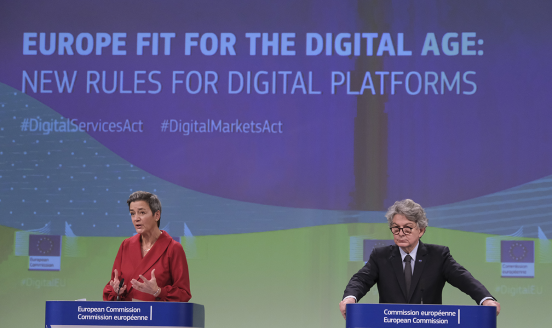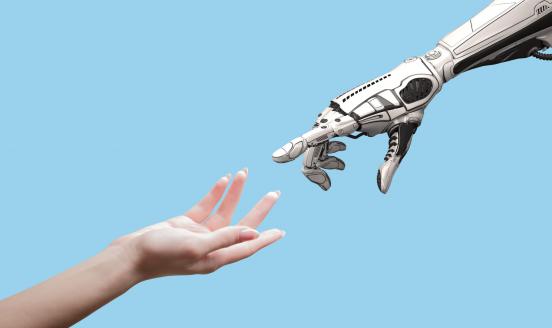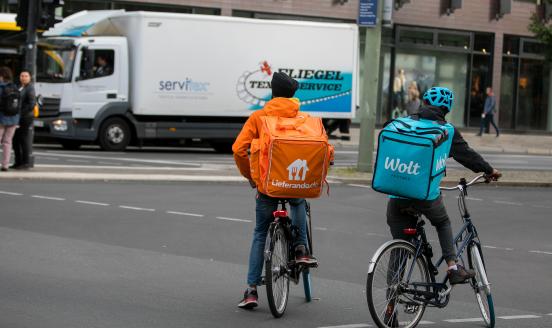
Mario Mariniello
Senior fellow,
Mario Mariniello was Senior Fellow at Bruegel. He led Bruegel’s Future of Work and Inclusive Growth project, which closely analyses the impact of artificial intelligence (AI) on the nature, quantity and quality of work, welfare systems and inclusive growth at large. In particular, the role of technology in reshaping society when subject to extreme stress (i.e. during a pandemic).
Before joining Bruegel, Mario was Digital Adviser at the European Political Strategy Centre (EPSC), a European Commission in-house think-tank that operated under the authority of President Jean-Claude Juncker. The EPSC provided the President and the College of Commissioners with strategic, evidence-based analysis and forward-looking policy advice. In his capacity of Digital Adviser, Mario led the EPSC’s work on Digital Single Market issues.
Mario has also previously been a Bruegel Fellow focusing on “Competition Policy and Regulation”. From 2007 to 2012, Mario was a member of the Chief Economist Team at DG-Competition, European Commission. During that time, he developed the economic analysis of a number of topical antitrust and merger cases in the technological and transport sectors.
Mario holds a Ph.D. in Industrial Organization from the European University Institute of Fiesole (Florence) and a M.Sc. in Economics from CORIPE (Turin). He currently teaches a course in Digital Economy at the College of Europe and has previously taught a course in European Economic Integration for Master students at the Université Libre de Bruxelles (ULB).
Featured work

Which platforms will be caught by the Digital Markets Act? The ‘gatekeeper’ dilemma
The scope of the Digital Markets Act has emerged as one of the most contentious issues in the regulatory discussion. Here, we assess which companies c

Future of work and inclusive growth: Digital dialogues
An end of year series of digital discussions on the Future of Work and Inclusive Growth in Europe.

An inclusive European Union must boost gig workers’ rights
A European initiative strengthening rights for gig workers is welcome. A digitised economy should also be inclusive.

Biometric technologies at work: a proposed use-based taxonomy
We define biometric technologies as AI technologies that rely on biometric data to derive inferences about the individual whose data is collected.